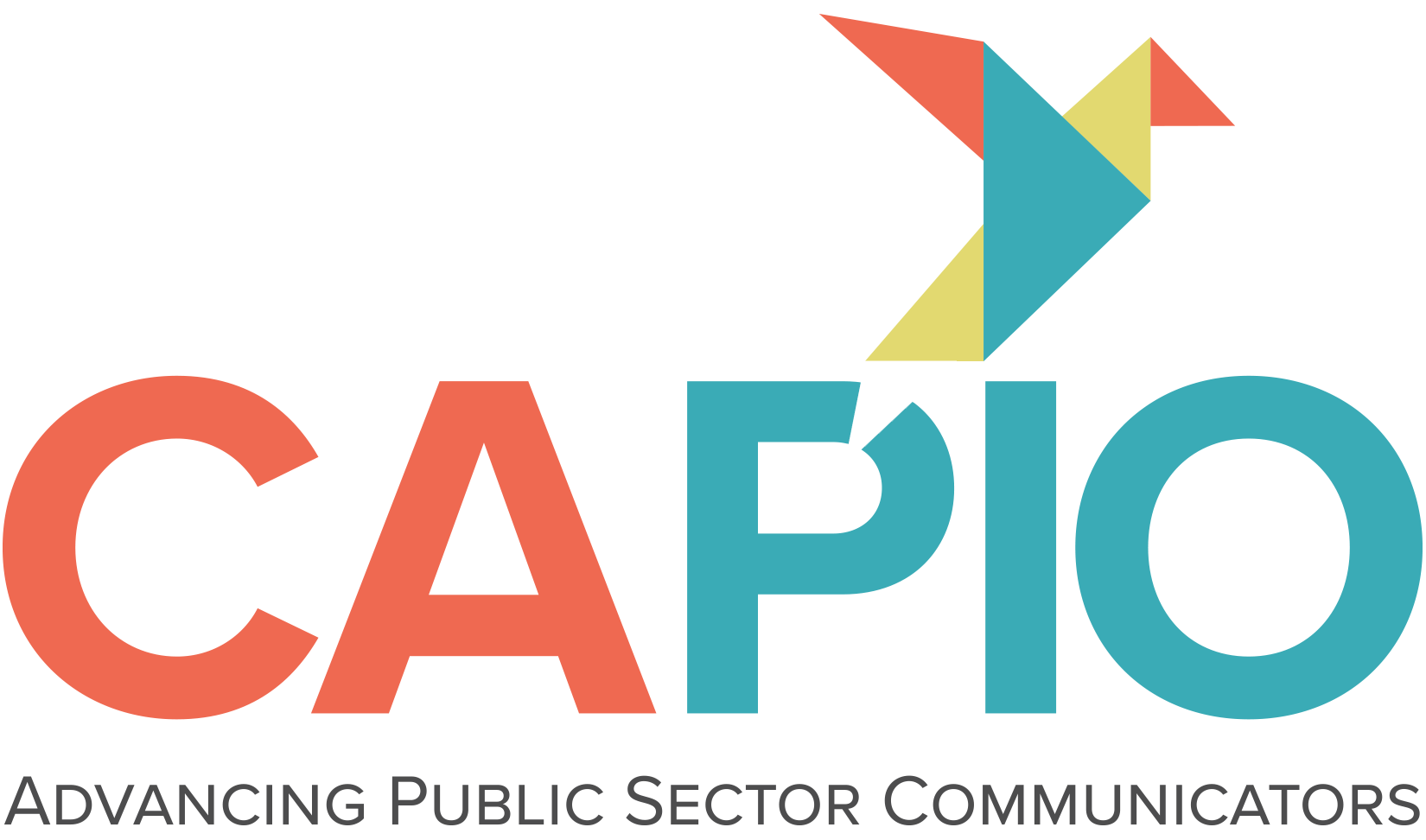Embracing Cultural Awareness: A Thoughtful Approach to Commemorative Months
by Jayli Barkley, Principal District Attorney Information Specialist, Riverside County District Attorney’s Office Communications Division
Acknowledging commemorative months (also known as cultural awareness months) has become a key element of fostering unity in today’s workplaces and communities. At the Riverside County District Attorney’s Office, these months, dedicated to honoring histories, cultures, and contributions, offer an opportunity to reflect, educate, and celebrate. However, the proper method to achieve this requires thoughtful planning, genuine engagement, and a commitment to highlighting voices and stories in a way that is both respectful and impactful.
The Importance of Commemorative Months
Let’s start with this: recognizing cultural awareness months promotes acceptance and understanding. These opportunities provide a platform to share stories, break down stereotypes, and build bridges of commonality. They create spaces where dialogue flourishes and becomes a lived experience while aligning with broader organizational goals such as enhancing employee experience and demonstrating leadership in social responsibility.
Developing a Mindful Approach
Successfully incorporating cultural awareness months into organizational culture requires intention and strategic planning. Here are some steps that we have used to help guide the process:
-
Understand the Landscape
Begin by identifying the cultural awareness months that resonate with employees within your organization or the community you serve. These might include widely recognized observances such as Black History Month or Asian American and Pacific Islander Heritage Month, as well as lesser-known ones like National Disability Employment Awareness Month. OfficeHolidays.com has been a useful resource for us in this effort. -
Incorporate Communication Frameworks
Leverage established communication theories and models, such as the Social Identity Theory, to inform messaging. Incorporating scholarly support can help articulate how recognizing cultural awareness months highlights the unique backgrounds of staff members, emphasizing shared values while respecting individual experiences. I still reference the “Theories of Human Communication” textbook by Stephen W. Littlejohn, Karen A. Foss, and John G. Oetzel from my time in California Baptist University’s Master of Strategic Communication program. It’s that good! -
Lead with Authenticity
Avoid tokenism by ensuring that commemorative efforts are genuine. This means approaching each observance with authenticity, respect, and a commitment to understanding its deeper significance to the employee, the organization’s mission and values, and your community.
Strategies for Gaining Leadership Support
If securing leadership buy-in is a hurdle in recognizing commemorative months, here are a few strategies that could be helpful:
-
Build an Organizational Case
Highlight the alignment between cultural awareness initiatives and organizational goals. Demonstrate how these efforts can improve employee satisfaction, enhance organizational reputation, and resonate with community members. -
Start Small
If leadership is wary of potential backlash, begin with low-risk, high-impact resources. In 2022, amid social tensions, we leveraged platform features like Facebook and Instagram Stories for their controlled interactivity and temporary visibility, providing a safeguard against negativity while still demonstrating the value of commemorative months. By acknowledging concerns, finding solutions, and building on successes, you’ll garner broader support in the future.
Leverage Data and Stories
- Numbers don’t lie! Showcase the benefits of cultural recognition initiatives, such as increased employee engagement. Pair this with personal testimonials from community members to emphasize the human impact, and you’ll have tangible evidence to support participation. The results from this analysis were huge for us as we were able to have all 12 cultural awareness months we sought to highlight represented in 2024. *We achieved this through our AAPI Heritage Month participant, as he is also Filipino American.
-
Create Allies
Identify champions within the management team who welcome commemorative month recognition efforts. Their advocacy can help build momentum and influence others in leadership to support the initiatives. -
Navigate Sensitivity with Care
For observances that may spark controversy or aren’t commonly known, emphasize the values of respect, education, and dialogue. This may necessitate some creativity, so don’t be afraid to utilize other opportunities to achieve this. That is exactly how we approached PRIDE and Disability Employment Awareness Month, but we framed them as an opportunity to learn and grow as an organization. I’d say we nailed it!
Celebrating Progress, One Step at a Time
Recognizing commemorative months is an evolving journey. But, in doing so, organizations honor the experiences that shape our world and set an example of what it means to lead with empathy and purpose.

